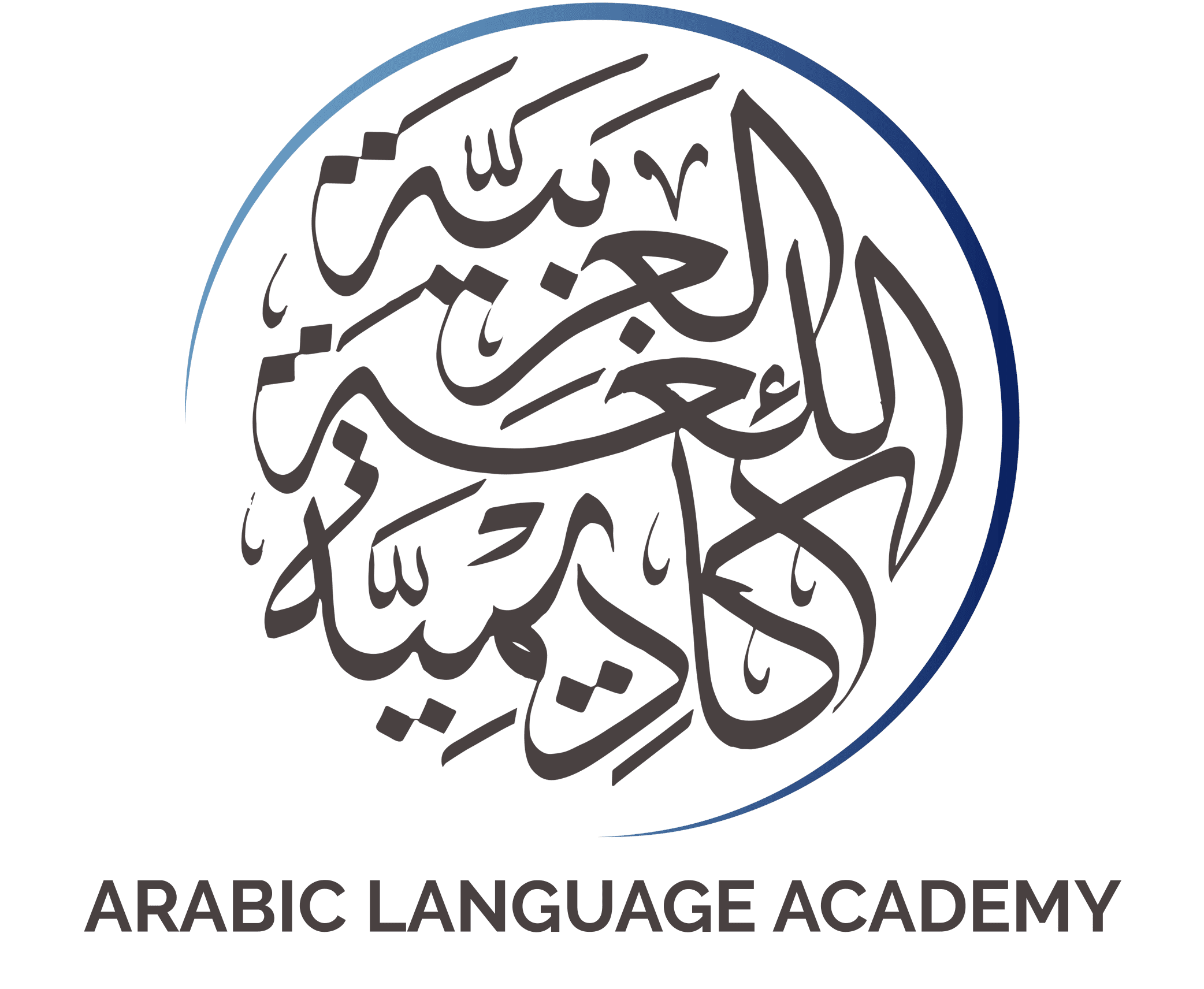
Teacher preparation and training play a crucial role in the educational and pedagogical process. Educational studies emphasize that the teacher’s role constitutes 60% of the influence on student formation, with the remaining 40% attributed to other educational elements. Recognizing the substantial disparity between teaching a language to native speakers and non-native speakers is essential, yet few within the field of teaching Arabic to non-native speakers grasp this difference. Consequently, we assert that teaching the Arabic language demands educators who are specially prepared in various areas, including methods for teaching second languages, understanding the distinction between language acquisition and learning, possessing skills for teaching second languages, and leveraging applied linguistics in language instruction. Additionally, the expertise of Arab specialists and professionals in this field is indispensable.
In collaboration with the Interactive Institute, the Arabic Language Academy offers a specialized course: Arabic language certificate course for Instructors. This program includes a series of targeted courses designed to equip educators with the necessary skills and knowledge to excel in teaching Arabic for non-native speakers. The aim is to enhance educational efficiency, foster global leadership, and cultivate a pool of trained and qualified professionals in the field of teaching the Arabic language. Through this certification, we strive to elevate the standard of Arabic language instruction and ensure a more effective learning experience for non-native speakers.
Partial goals
Providing teachers with effective knowledge and skills to achieve professionalism in teaching the Arabic language Course to non-native speakers
Familiarity with methods of teaching the Arabic language course to non-native speakers
Differentiate between language acquisition and language learning
Familiarity with the most important characteristics of a successful teacher
How to employ modern means and techniques in teaching the Arabic language
Identify the most important curricula for teaching Arabic to non-native speakers
Learn about language skills and how to apply them
Learn about measurement and evaluation mechanisms
Acquiring lesson presentation skills in the classroom
Mastering lesson preparation skills

|
Title |
Detailed Content |
Activities |
time |
|
Teaching Methods |
– Traditional methods – Grammar, translation and method of indoctrination) – Modern methods (direct method, integrative method) |
Practical lesson (groups) |
3 hours |
|
Language between acquisition and learning |
– The difference between language acquisition and language learning – How to apply acquisition strategies to the language learning in classroom. |
Workshop |
4 hours |
|
Language skills |
– The language skills (listening – speaking – reading – writing) in the field of language education arabic for non-native speakers – Practical applications for teaching the four language skills. |
practical lesson for each skill |
7 hours |
|
The measure and evaluate |
– Types of measurement and evaluation – Measurement and evaluation tools |
Workshop |
4 hours |
|
Microteaching |
Presentation of lessons by lecturers on How to teach the four language skills. |
Practical lesson |
6 hours |
|
Characteristics of a successful teacher |
(The content will be preparing by a specialist) |
|
3 hours |
|
Lesson preparation skills |
Lesson plan (before – during – after) |
Workshop |
4 hours |
|
The methods and teaching techniques |
(The content will be preparing by a specialist) |
Workshop |
4 hours |
|
The Curriculum for teaching Arabic to non-native speakers |
– International Curriculum – Local Curriculum |
|
2 hours |
Ready to get started?
Get in touch
